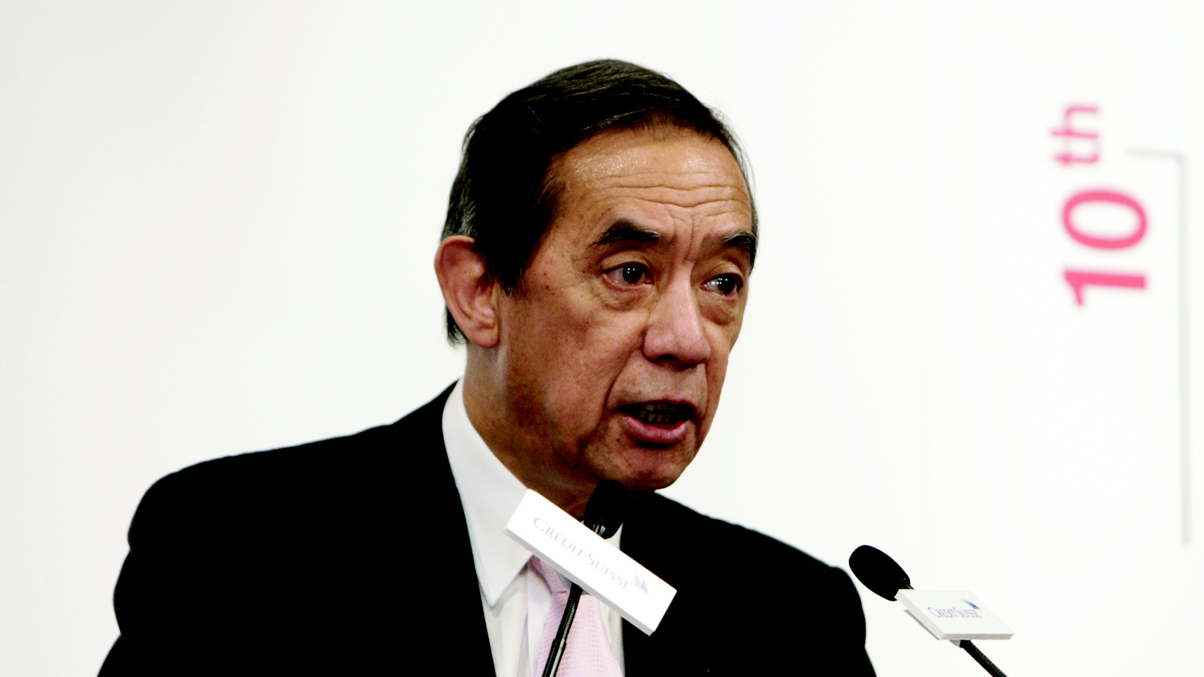Webb: HKEx chairman is anti-competition
Activist investor David Webb accuses Ronald Arculli of undermining any effort by other exchanges or alternative trading systems to compete with Hong Kong Exchanges and Clearing.

David Webb, a prominent activist investor in Hong Kong, has accused Ronald Arculli of undermining any competition to Hong Kong Exchanges and Clearing (HKEx), to the detriment of investors and, ultimately, Hong Kong's position as a financial centre.
Sign in to read on!
Registered users get 2 free articles in 30 days.
Subscribers have full unlimited access to AsianInvestor
Not signed up? New users get 2 free articles per month, plus a 7-day unlimited free trial.
¬ Haymarket Media Limited. All rights reserved.


